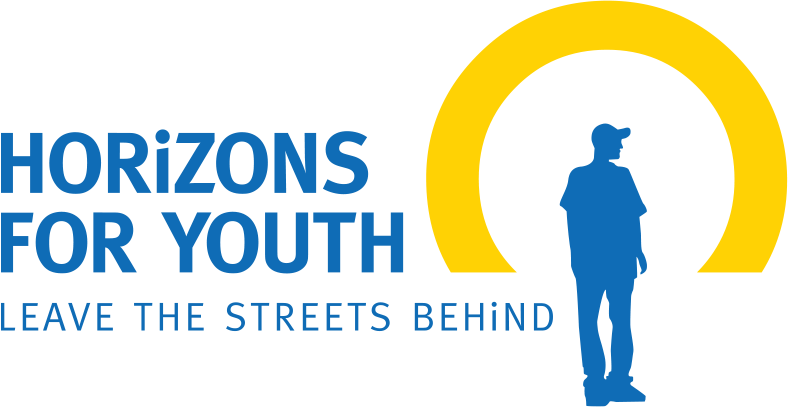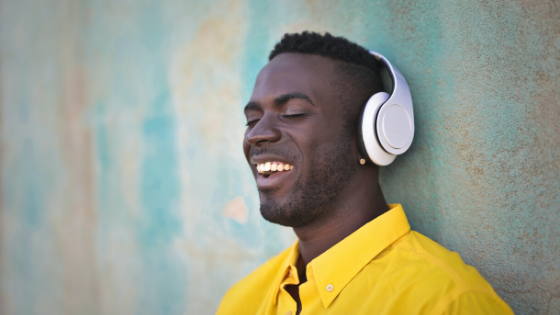There are many myths and stereotypes about homeless youth that are widely believed in our community. This misinformation perpetuates the stigma of homelessness, decreasing empathy for an already vulnerable population. Moreover, these stereotypes negatively impact the self-esteem of youth experiencing homelessness.
These myths must be dispelled to better support homeless youth and take action against homelessness.








